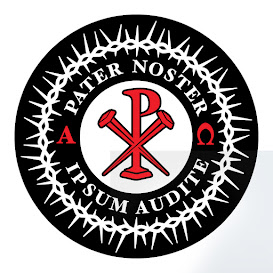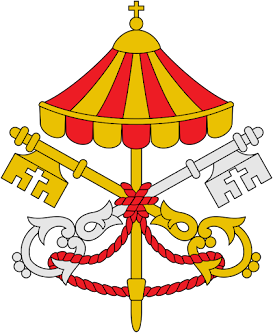

Op Kerstdag, 1941, becommentarieert de New York Times de Kerstboodschap van Paus Pius XII. Dit resulteerde in het volgende editoriaal:
The Pope’s Message
The voice of Pius XII is a lonely voice in the silence and darkness enveloping Europe this Christmas. The Pope reiterates what he has said before. In general, he repeats, although with greater definiteness, the five-point plan for peace which he first enunciated in his Christmas message after the war broke out in 1939. His program agrees in fundamentals with the Roosevelt-Churchill eight-point declaration. It calls for respect for treaties and the end of the possibility of aggression, equal treatment for minorities, freedom from religious persecution. It goes farther than the Atlantic Charter in advocating an end of all national monopolies of economic wealth, and so far as the eight points, which demands complete disarmament for Germany pending some future limitation of arms for all nations.
The Pontiff emphasized principles of international morality with which most men of good-will agree. He uttered the ideas a spiritual leader would be expected to express in time of war. Yet his words sound strange and bold in the Europe of today, and we comprehend the complete submergence and enslavement of great nations, the very sources of our civilization, as we realize that he is about the only ruler left on the Continent of Europe who dares to raise his voice at all. The last tiny islands of neutrality are so hemmed in and overshadowed by war and fear that no one but the Pope is still able to speak aloud in the name of the Prince of Peace. This is indeed a measure of the "moral devastation" he describes as the accompaniment of physical ruin and inconceivable human suffering.
In calling for a "real new order" based on "liberty, justice and love," to be attained only by a "return to social and international principles capable of creating a barrier against the abuse of liberty and the abuse of power," the Pope put himself squarely against Hitlerism. Recognizing that there is no road open to agreement between belligerents "whose reciprocal war aims and programs seem to be irreconcilable," he left no doubt that the Nazi aims are also irreconcilable with his own conception of a Christian peace. "The new order which must arise out of this war," he asserted, "must be based on principles." And that implies only one end to the war.
Op Kerstdag, 1942, becommentarieert de New York Times nog eens de Kerstboodschap van Paus Pius XII. De New York Times prijst de Paus voor zijn moreel leiderschap:
The Pope’s Verdict
No Christmas sermon reaches a larger congregation than the message Pope Pius XII addresses to a war-torn world at this season. This Christmas more than ever he is a lonely voice crying out of the silence of a continent. The Pulpit whence he speaks is more than ever like the Rock on which the Church was founded, a tiny island lashed and surrounded by a sea of war. In these circumstances, in any circumstances, indeed, no one would expect the Pope to speak as a political leader, or a war leader, or in any other role than that of a preacher ordained to stand above the battle, tied impartially, as he says, to all people and willing to collaborate in any new order which will bring a just peace.
But just because the Pope speaks to and in some sense for all the peoples at war, the clear stand he takes on the fundamental issues of the conflict has greater weight and authority. When a leader bound impartially to nations on both sides condemns as heresy the new form of national state which subordinates everything to itself: when he declares that whoever wants peace must protect against "arbitrary attacks" the "juridical safety of individuals:" when he assails violent occupation of territory, the exile and persecution of human beings for no reason other than race or political opinion: when he says that people must fight for a just and decent peace, a "total peace" — the "impartial judgment" is like a verdict in a high court of justice.
Pope Pius expresses as passionately as any leader on our side the war aims of the struggle for freedom when he says that those who aim at building a new world must fight for free choice of government and religious order. They must refuse that the state should make of individuals a herd of whom the state disposes as if they were a lifeless thing.































Geen opmerkingen:
Een reactie posten